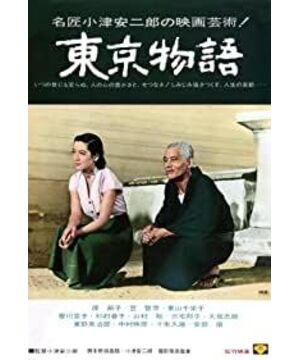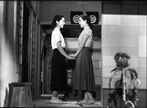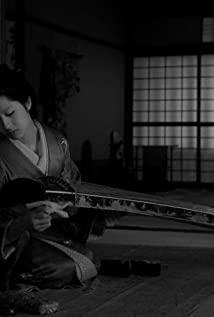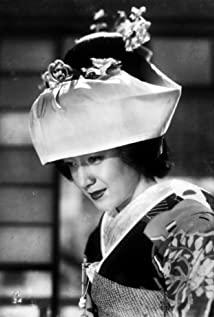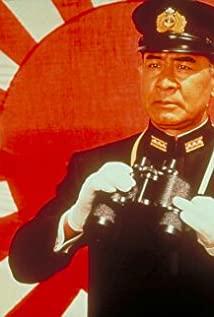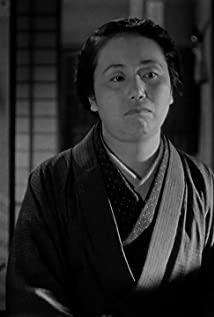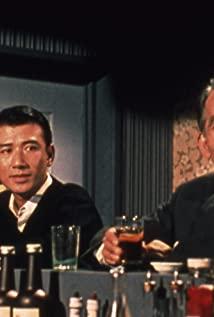Knowing that her mother was about to die, the father's first words were: "It's over, everything is over." The daughter's first thought was her mother's age, and the suddenness of the incident, not the unspeakable affection, that is, They say that they cry because they are weeping for the impermanence of "life", which the Japanese understand best, stripping people of their social nature and treating them as "things" to mourn, not the bereavement of a Chinese person, who weeps for a share. recall. Thinking of Eileen Chang's saying: "Westerners' emotions are solid lines, Japanese's are dotted lines, and Chinese people are a mixture of reality and reality, like footprints." You see a prodigal son like Kerouac, who wanders outside as adults, but Christmas must be Going home in time to celebrate with the family is the "real" emotion. It has limitations, desires and power. It can't be broken and is unwilling to break through. It can only be temporarily cooled by periodic conflicts. Chinese people are very smooth. , I would like to be held in the hands of a "loving mother" when I am happy, and I will "spread the boat" when I am frustrated. If I advance, I will help the world and I will be alone. This is the comfort and harmony of the Chinese people. Who hinders his "happy" , to establish a "sign" that needs to be eliminated, encountering ghosts, killing ghosts, encountering Buddhas and killing Buddhas, six relatives do not recognize, free and easy, relatively speaking, Japanese interpersonal relationships are much simpler, it is almost maintained by etiquette, between husband and wife, between mother and daughter "Thank you", "I'm sorry", "Please" occupy most of the spoken language, and they try to avoid any intense emotional conflict, but I feel that in the Chinese eyes, this kind of Virtue is actually a cruelty that does not compromise with feelings. For example, when watching "Tokyo Story", sometimes people will shiver with cold, the kind of cold churning in the spine, Ozu is not naive, he doesn't seem to believe that in the collision of emotions, there is the possibility of releasing toxins, so he let these poisons Pressed in the heart, while using "things sorrow" to resolve, at the same time brewing for the outbreak after excessive depression. Compared with the storytelling, conflict, and emotional purification of Western films, Ozu's film does seem too "white", but you feel that it is not completely like a realistic depiction of life itself, but has a kind of cruelty, like a blade, always Cut all the way, get rid of innocence, binary opposition, and trust in conflict, cut straight to "life" itself, bare the unsolved grief, and put it to death regardless of future life. This is a kind of dangerous wandering. As far as the entire cultural system is concerned, it easily slips to the other extreme: violence, abuse, blood, and "knife".
View more about Tokyo Story reviews


